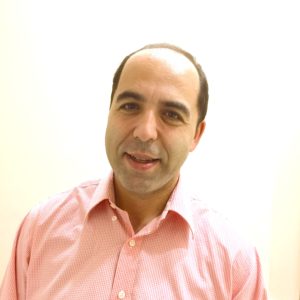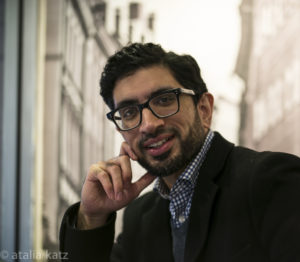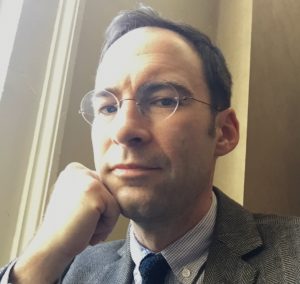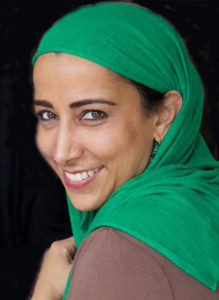Teaching Islam
Teaching Islam
Posts from 2016 to 2018
A blog space to engage conversations about teaching Islamic culture, religion, and history in higher education classrooms.
Topics include:
- teaching controversial issues
- engaging current events
- teaching Islam through film
- teaching through site visits
Contact:
Paul Myhre (myhrep@wabash.edu)
Associate Director, Wabash Center
Sign-up to receive email alerts when new blogs are posted
Follow us on Twitter and Facebook to receive announcements of new postings.
Sign up for our eNewsletter to receive timely announcements of Wabash Center programs.
Posts
Select an item by clicking its checkbox
I remember how dumbfounded I was the first time a student told me he had grown up believing Catholics were not Christian. He had never, moreover, heard of the Orthodox Church, the only form of Christianity recognized by most Muslims in the region I study, (Central Asia). This encounter proved ...
Every translation is an interpretation. This statement is especially true with regard to the Quran, since, according to Muslims, a translation of the Quran is not the actual Quran - just one interpretation among many. The Arabic Quran contains the actual words of God. Selecting an English translation of the ...
More often than not, it seems, students register for courses on Islam wanting to learn “stuff.” In a moment when the ubiquity of Islam in public consciousness is matched by general illiteracy about its history and diverse forms, these expectations are tempting. Yet if we don’t spend time really ...
I write in a time when the study of Islam is of paramount importance. This blog entry focuses on the teaching of Islam in interreligious settings, with an eye toward the notion of pluralism. So often, engaging this tradition starts with the assumption that the production of its knowledge was ...
I want to pick up and develop here a theme introduced in my previous blog – the idea that students in the field of Islamic Studies – and indeed Theology and Religious Studies more broadly – often have to demonstrate through their assessed work, an awareness of the way in which multiple perspectives ...




